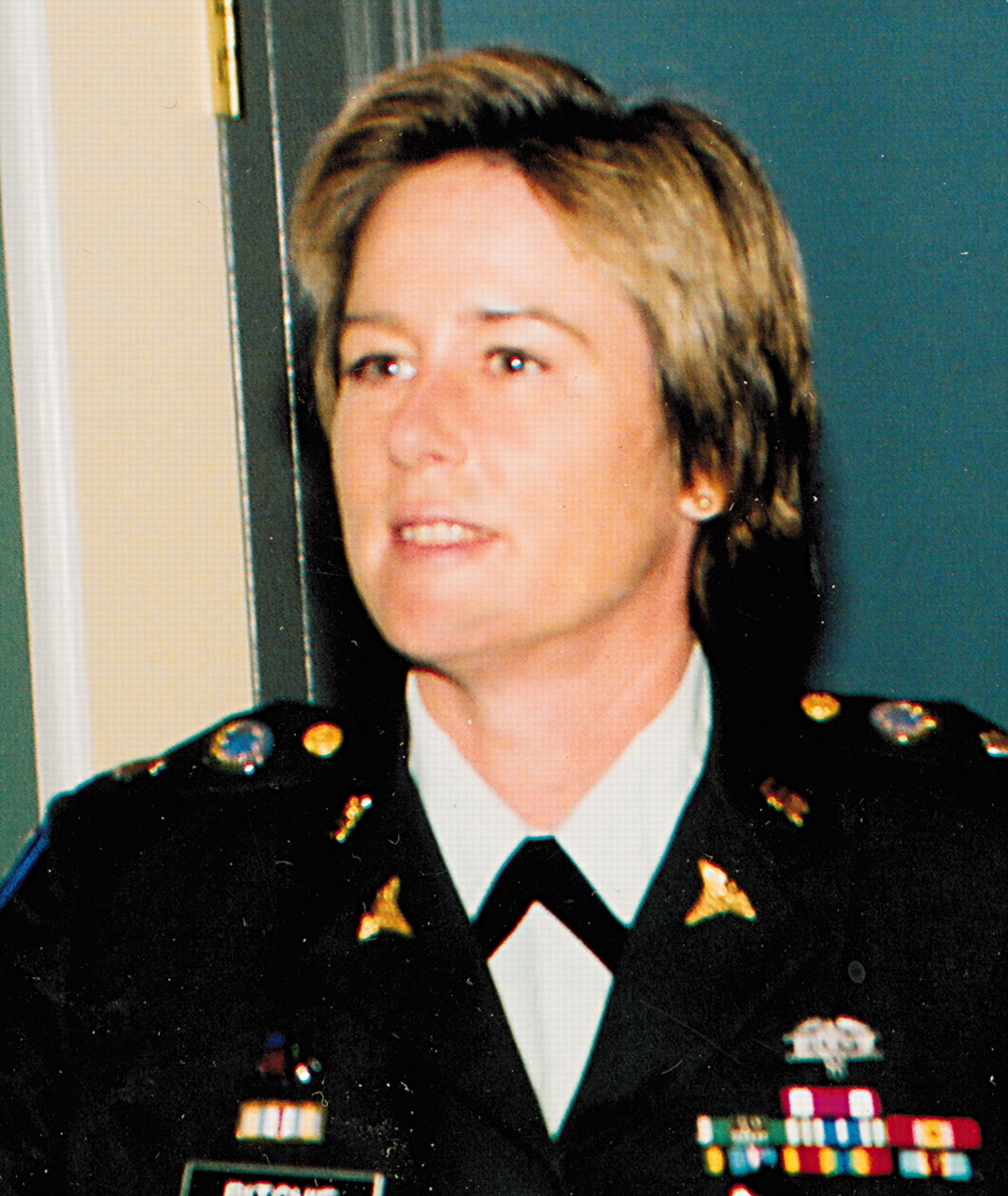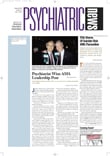As the nation prepares for possible terrorist and bioterrorist attacks, the need for public health strategies to deal with the psychiatric consequences of terrorism is clear, according to the Institute of Medicine (IOM).
One institution that is already trying to fill the void is the Uniformed Services University of the Health Sciences (USUHS) in Bethesda, Md. Last month USUHS, which is the U.S. military’s medical school, launched a new fellowship—the Public Health and Preventive Psychiatry Fellowship—to train psychiatrists in public health strategies to prevent or reduce psychiatric symptoms including traumatic stress.
The fellowship was created by Robert Ursano, M.D., and Ann Norwood, M.D., of the department of psychiatry at USUHS. Ursano is a professor and chair of the department, and Norwood is an associate professor and associate chair.
“The nation needs more psychiatrists trained in public health to respond to terrorist and disaster events,” Ursano told Psychiatric News. He is the past chair of APA’s Committee on Psychiatric Dimensions of Disasters, and Norwood is the current chair.
Ursano is supervising the first fellow, Lt. Col. Cameron Ritchie, an Army psychiatrist. Ritchie’s last position was program director for mental health policy and women’s health issues in the Office of the Secretary of Defense/Health Affairs.
During the first year of the fellowship, the fellow earns a master’s of public health degree at USUHS. The second year consists of a practicum at the USUHS Center for the Study of Traumatic Stress.
“Ritchie will participate in research activities, clinical assessments, and surveillance and learn how federal, state, and local health care organizations plan for disasters and terrorist events,” said Ursano.
Ezra Susser, M.D., M.P.H., a professor of epidemiology and psychiatry and chair of epidemiology at the Mailman School of Public Health at Columbia University, commented in an interview with Psychiatric News, “This fellowship is unique in that it combines an M.P.H. with training in traumatic stress. Our school offers fellowships in public psychiatry, psychiatric epidemiology, and disaster psychiatry and a separate M.P.H. degree,” said Susser.
Ritchie commented to Psychiatric News, “I have considerable experience addressing psychiatric issues in combat units and a longstanding interest in disaster psychiatry. The public health training will enable me to evaluate the services I and others provide.”
Ursano envisions numerous public health applications to psychiatry ranging from addressing depression and PTSD to somatic complaints regarding exposure to SARS or monkey pox.
For example, said Ritchie, the government has issued protective masks to emergency health workers and soldiers to wear in the event of a bioterrorist attack.
“When the U.S. entered the first Gulf War in 1991, I was a division psychiatrist at Camp Casey in South Korea,” she said. “Soldiers were ordered to wear protective masks due to the threat of biological and chemical agents. It was hot, and some people felt panicky and claustrophobic. We used desensitization and relaxation exercises to help them adjust to wearing the masks, which seemed to work well.”
Information about trauma and related issues is available at the Center for the Study of Traumatic Stress Web site at www.usuhs.mil/psy/traumaticstress/center_body.htm. ▪

